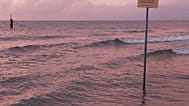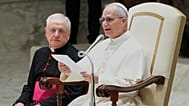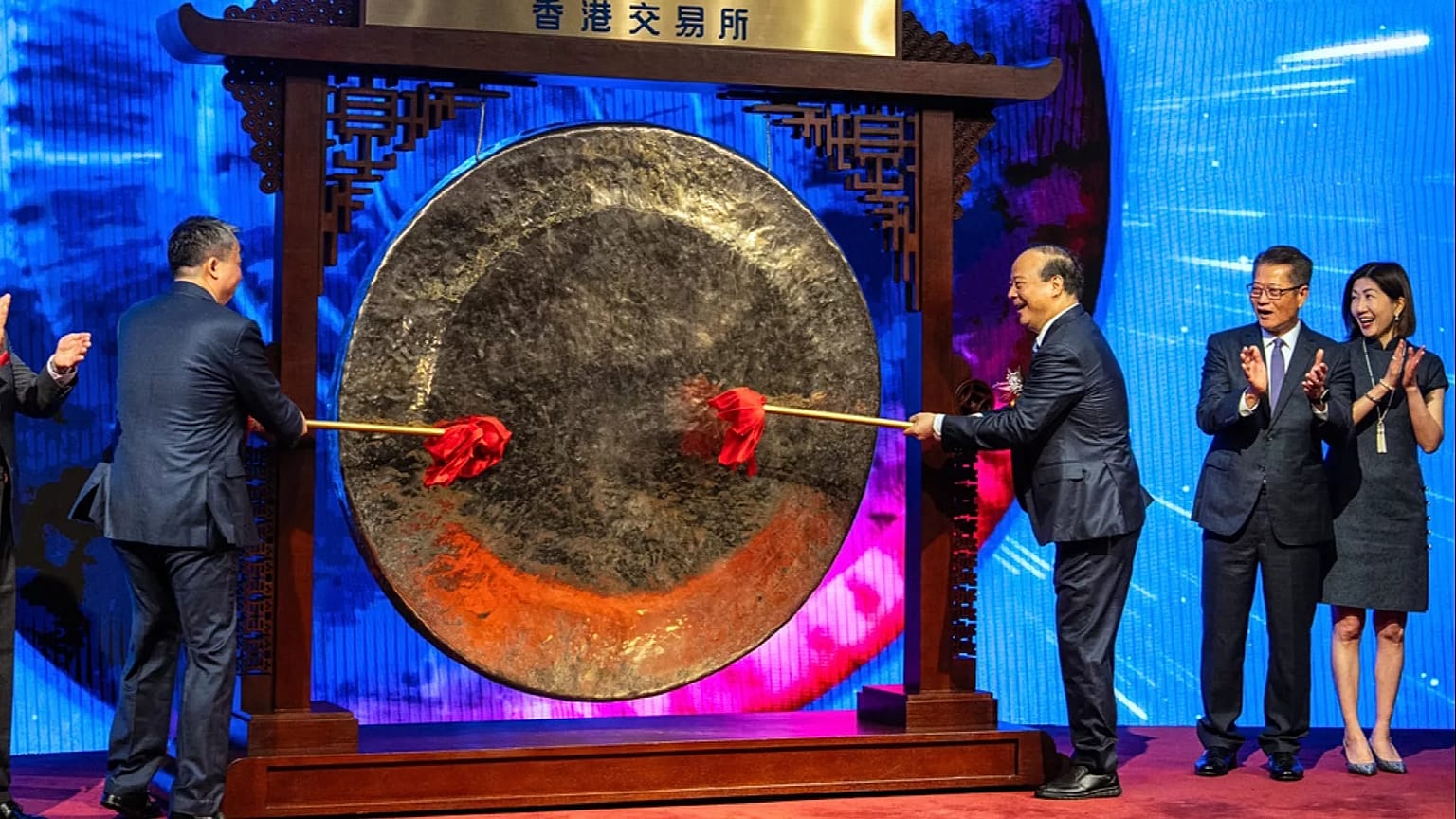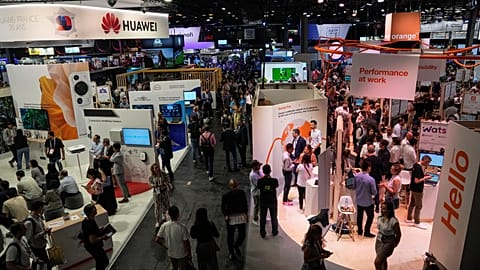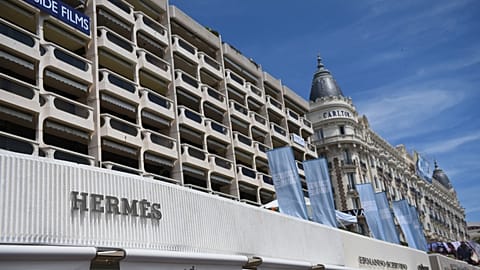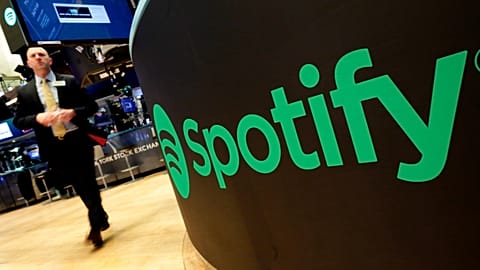Tesla supplier CATL completed the world’s largest listing of 2025 to date, with its shares surging more than 12% on the first day of trading.
China’s Contemporary Amperex Technology Co. Ltd. (CATL), the world’s biggest electric vehicle battery maker, saw its shares soar on the first trading day in Hong Kong after the company made its debut there on Tuesday.
 ADVERTISEMENT
ADVERTISEMENT
 ADVERTISEMENT
ADVERTISEMENT
The secondary listing of CATL’s shares raised at least $4.6 billion (€4.08bn) for the company, which already has its A-shares traded in mainland China, in Shenzhen.
The solid reception for CATL in Hong Kong suggests there is still an appetite among international investors for leading Chinese manufacturers despite trade tensions between Beijing and Washington.
It sold more than 135 million shares at their maximum offer price, HK$263 (€29.8) each. Its shares rose after they started trading at HK$296 (€33.56), 12.5% higher than their offer price. They were up about 17% by mid-afternoon local time.
CATL held a nearly 38% global market share for EV batteries in 2024, its listing documents showed. It supplies automakers like Tesla, Volkswagen, BMW, Mercedes-Benz, Ford, Toyota and Honda.
Blacklisted in the US didn't stop CATL raising billions
The company has faced pressure from the US In January, the US Defense Department added it to a list of companies it says have ties to China's military, an accusation that CATL denied. It called the inclusion a "mistake."
In April, John Moolenaar, chairperson of the US House Select Committee on China, wrote to the CEOs of JPMorgan Chase & Co. and Bank of America urging them to withdraw from their work on CATL's IPO. However, the two banks remained involved.
In the US, Ford Motor Co. is licensing technology from CATL to build batteries, but the plan faces resistance from some Republican lawmakers, who have expressed concern that the Chinese company could benefit from US tax dollars.
As a result of the US blacklist, the share offering excluded onshore US investors. However, many large US institutional investors have offshore accounts that allowed them to participate. The the new listing gives global investors easier access to the company’s shares than before.
CATL said in a press release: “This offering attracted a diverse range of investors from 15 countries and regions globally, including sovereign wealth funds, industrial capital, long-term institutions, insurance capital, and multi-strategy funds.”
CATL raising money for its European investments
The company said it plans to use most of the money raised to build its factories in Germany and in Hungary, to localise production in Europe, as part of a strategy to reduce the impact of import tariffs and gain higher market share in Europe.
CATL recorded a profit of CN¥ 55.3bn (€6.8bn) in 2024, up 16.8% from 2023. Investors in the US expect the company to generate an operating profit of about $10.6bn (€9.4bn), according to the Wall Street Journal, citing FactSet.
Government officials, including Hong Kong's Financial Secretary Paul Chan, attended its listing ceremony in the city's vibrant business district, Central, on Tuesday. The company's chairman Robin Zeng said his business is committed to becoming a zero-carbon technology company.
"Listing in Hong Kong means we are more broadly integrated into the global capital markets, and it's also a new starting point for us to promote the global zero-carbon economy," Zeng said.


